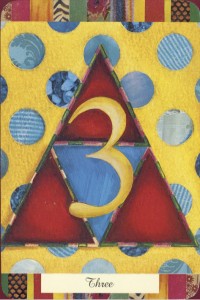Wise Speech
 The third factor of the Noble Eightfold Path is samma vaca, translated as Wise (or Right) Speech. Traditionally, right speech means not speaking falsely, harshly, divisively or engaging in idle chatter.
The third factor of the Noble Eightfold Path is samma vaca, translated as Wise (or Right) Speech. Traditionally, right speech means not speaking falsely, harshly, divisively or engaging in idle chatter.
In Dancing with Life, Phillip Moffitt writes:
“The practice of right speech is built around meeting three conditions simultaneously: Say only what is true and useful and timely. If any one of these criteria isn’t met, then silence is the wise form of speech.”
From personal experience, I have to admit that this is a lot harder than it sounds.
Phillip says, “You may not realize the aggressive nature of your speech until you try to make it a mindfulness practice… For instance, you may feel that if you know something is true, then it is okay to speak it. But the Buddha was quite explicit in saying that when truth is spoken in an untimely manner, it is not wise speech…..Applying the filter of saying only what is useful is even harder…. Practicing right speech includes actively refraining from giving unsolicited opinions or stating your view when it serves no purpose.”
Gosh.
“At first practicing right speech can seem like expecting perfectionism, and it certainly is true that the harm resulting from unwise speech can seem slight at times. But as many students have discovered once they have truly engaged in this practice, the cumulative effect of unwise speech is quite dramatic, although mostly unseen. It drains your energy, and it encourages you to get caught in clinging to your views, to become lost in desire, and to become more aversive, vindictive, and defensive. And it causes other to pay less attention when you speak.”
Hmmm.
Next up: Wise Action
